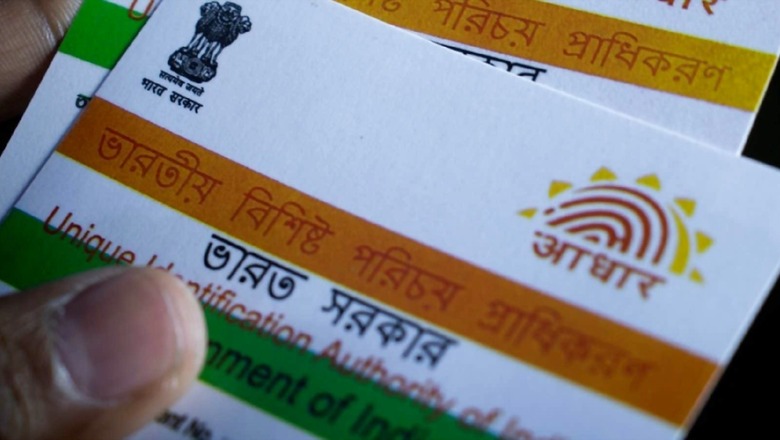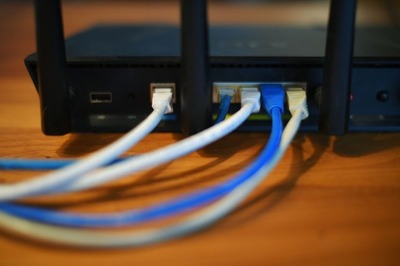
views
There has been a spike in cases of mobile users in India being bombarded with calls and messages apparently warning them that the SIM card in their phone will be blocked in a few hours because of the lack of KYC documents. Even the Cellular Operators Association of India (COAI) has issued a strong statement, in an attempt to warn users that these calls are fake and are not official communication by any mobile service provider, including Airtel, Reliance Jio or Vi. These scam calls also urge unsuspecting users to download third party apps on their phone to upload identity documents such as Aadhaar or PAN card and complete the KYC process, which is a complete fraud—you should neither be downloading any such app or sharing any ID documents with unknown callers.
• COAI says that, “It has been brought to our notice that mischievous elements are sending fake SMS messages and calling people, threatening to block SIM cards. The messages and calls falsely claim that the customer’s KYC documents are incomplete, pending or expired.” If you are a mobile service user in India, you’d probably want to read on. It is easy to fall for such scams, but there are always red flags that you can immediately notice.
• It is regularly warned by mobile service providers that any random calls for KYC documents are not to be entertained and any suggestions to download a third party app on your phone are best turned down. COAI also says, “Receivers of such messages are falsely advised to call a particular number or download an app on their phones. If the false directives are followed, it can potentially lead to privacy breach or financial or data loss.” At most times, mobile service providers would request a user to head to the nearest physical store to complete any pending or incomplete KYC formalities, or will carry out the video KYC using an official app. They will never ask you to download a third-party app and upload documents using that.
• “We caution the general public to beware of such fraudulent SMS messages and calls. Mobile users should not respond to these messages or calls, and not download any app or share any document or information,” says the COAI statement. If you look closely, these scam messages usually arrive from either a mobile number or a random business messaging ID, and not from the official messaging channels that Airtel, Reliance Jio or Vi use to send you service updates as well as any communication regarding your bills, recharge plans etc. Do not share any documents or details with these callers and do not click on any link sent by unknown senders on SMS.
Read all the Latest News, Breaking News and Coronavirus News here.

















Comments
0 comment